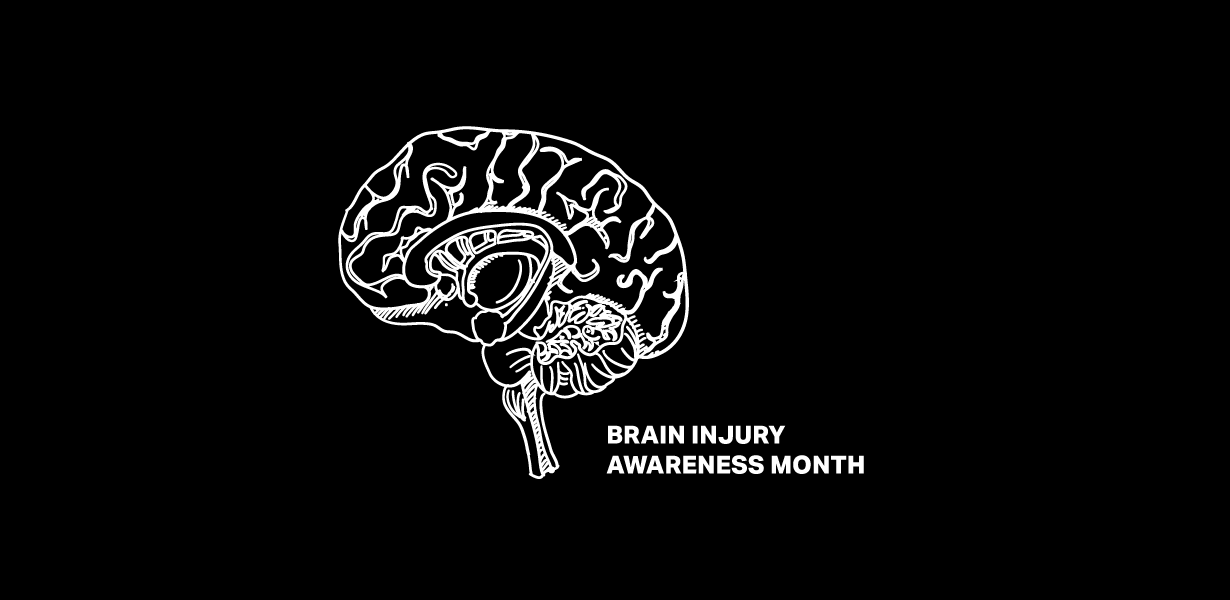Centers for Disease Control and Prevention
An Unrecognized Problem
Many people in prisons and jails are living with traumatic brain injury (TBI)-related problems that complicate their management and treatment while they are incarcerated. Because most prisoners will be released, these problems will also pose challenges when they return to the community. The Centers for Disease Control and Prevention (CDC) recognizes TBI in prisons and jails as an important public health problem.
What is known about TBI and related problems in prisons and jails?
- According to jail and prison studies, 25-87% of inmates report having experienced a head injury or TBI as compared to 8.5% in a general population
reporting a history of TBI. - Almost two million people currently reside in U.S. prisons and jails.
- Prisoners who have had head injuries may also experience mental health problems such as severe depression and anxiety, substance use disorders,
difficulty controlling anger,
or suicidal thoughts and/or attempts.
- Women inmates who are convicted of a violent crime are more likely to have sustained a pre-crime TBI and/or some other form of physical abuse.
- Although women are outnumbered by men in U.S. prisons and jails, their numbers more than doubled from 1990 to 2000. As of June 2005, more than 200,000 women were incarcerated. Women now represent 7% of the total U.S. prison population and 12% of the total U.S. jail population.
- Women with substance use disorders have an increased risk for TBI compared with other women in the general U.S. population.
- Preliminary results from one study suggest that TBI among women in prison is very common.
- Studies of prisoners’ self-reported health indicate that those with one or more head injuries have significantly higher levels of alcohol and/or drug use during the year preceding their current incarceration.
- The U.S. Department of Justice has reported that 52% of female offenders and 41% of male offenders are under the influence of drugs, alcohol, or both at the time of their arrest, and that 64% of male arrestees tested positive for at least one of five illicit drugs [cocaine, opioids, marijuana, methamphetamines, or PCP].
- Children and teenagers who have been convicted of a crime are more likely to have had a pre-crime TBI and/or some other kind of physical abuse.
- Among male prisoners, a history of TBI is strongly associated with perpetration of domestic and other kinds of violence.
- Homelessness has been found to be related to both head injury and prior imprisonment.
How do TBI-related problems affect prisoners with TBI and others during incarceration?
A TBI may cause many different problems:
- Attention deficits may make it difficult for the prisoner with TBI to focus on a required task or respond to directions given by a correctional officer. Either situation may be misinterpreted, thus leading to an impression of deliberate defiance on the part of the prisoner.
- Memory deficits can make it difficult to understand or remember rules or directions, which can lead to disciplinary actions by jail or prison staff.
- Irritability or anger might be difficult to control and can lead to an incident with another prisoner or correctional officer and to further injury for the person and others.
- Slowed verbal and physical responses may be interpreted by correctional officers as uncooperative behavior.
- Uninhibited or impulsive behavior, including problems controlling anger and unacceptable sexual behavior, may provoke other prisoners or result in disciplinary action by jail or prison staff.
What is needed to address the problem of TBI in jails and prisons?
Abuse in America’s Prisons recommends increased health screenings, evaluations, and treatment for inmates. In addition, TBI experts and some prison officials have suggested:
- Routine screening of jail and prison inmates to identify a history of TBI.
- Screening inmates with TBI for possible alcohol and/or substance abuse and appropriate treatment for these co-occurring conditions.
- Additional evaluations to identify specific TBI-related problems and determine how they should be managed. Special attention should be given to impulsive behavior, including violence, sexual behavior and suicide risk if the inmate is depressed.


